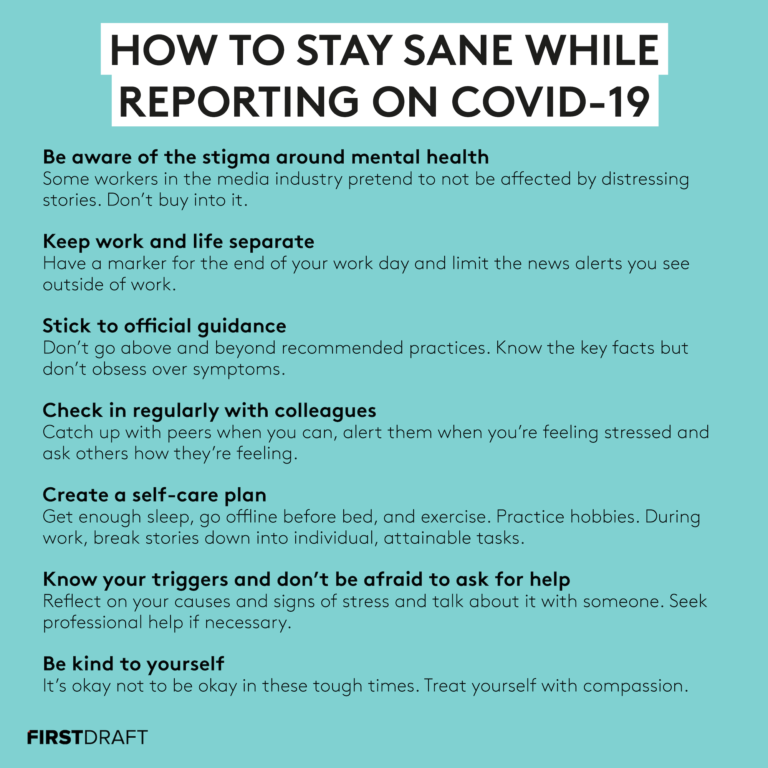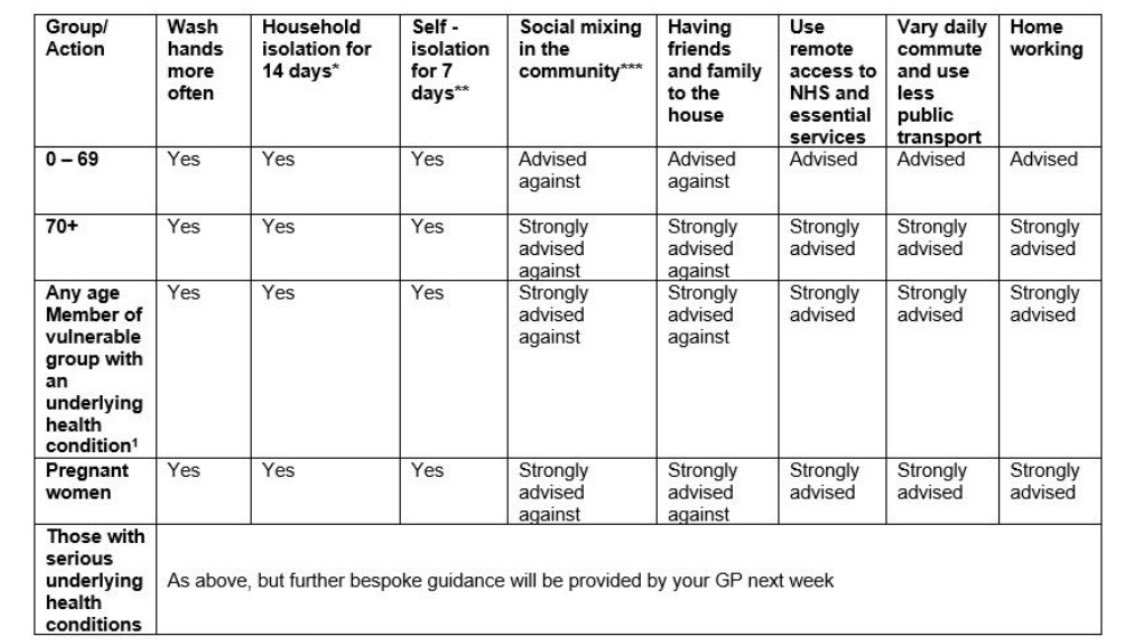Here, for example, is an article on how sports reporters adapted chicago.suntimes.com/sports-saturda…
And here is how Italian journalists are adapting: medium.com/@Connessioni/t…
And here is @rsm's tips for managing a remote newsroom during #coronacrisis medium.com/whereby-us/5-p…
Read guides like that and draw on them to help your own reporting (and reflect on it)
Review your plans:
🤔Which stories can you still do?
🤔Which stories do you need to adapt?
🤔Which stories will you have to drop?
These are all normal editorial questions
✅How I showed resourcefulness
✅How I showed persistence
✅How I showed creativity
✅How I showed organisation and planning
✅How I showed professionalism

Communicate with your lecturers about the challenges that you face and bring ideas for solving them so you can talk through the pros and cons of each...
Communicate with fellow students to share tips & ideas — be constructive & supportive
👏What resources have you found useful for practising journalism (in any field) during #CoronaCrisis?
💡What's the best advice you've been given as a journalism student?
👇Or the best advice you could give to a journalism student right now?












